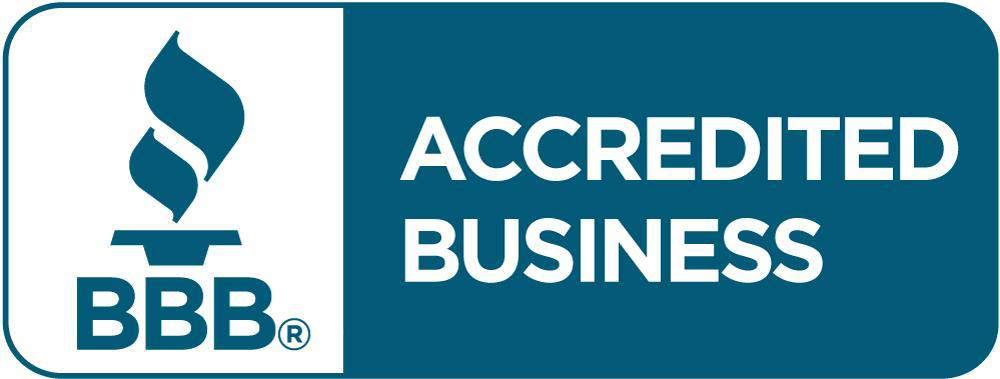ENSURING WATER SAFETY: THE IMPORTANCE OF IRRIGATION BACKFLOW TESTING
Maintaining water safety is a fundamental concern for both residential and commercial properties. One critical aspect of this is preventing the contamination of clean water sources through backflow. In this article, we'll delve into the significance of irrigation backflow testing and its role in safeguarding the quality of our water supply.
UNDERSTANDING BACKFLOW: A RISK TO WATER PURITY
Backflow occurs when the flow of water reverses direction, potentially allowing contaminants to enter the clean water supply. This reversal can happen due to a drop in water pressure or a change in the water's direction. Contaminants may include pesticides, fertilizers, bacteria, and other pollutants present in irrigation systems.
IRRIGATION BACKFLOW PREVENTION DEVICES: THE FIRST LINE OF DEFENSE
To prevent backflow, properties equipped with irrigation systems are required to have backflow prevention devices in place. These devices act as barriers to prevent water from flowing back into the main water supply. However, these devices need regular testing to ensure they are functioning correctly.
TO PREVENT BACKFLOW, PROPERTIES EQUIPPED WITH IRRIGATION SYSTEMS ARE REQUIRED TO HAVE BACKFLOW PREVENTION DEVICES IN PLACE. THESE DEVICES ACT AS BARRIERS TO PREVENT WATER FROM FLOWING BACK INTO THE MAIN WATER SUPPLY. HOWEVER, THESE DEVICES NEED REGULAR TESTING TO ENSURE THEY ARE FUNCTIONING CORRECTLY.
Irrigation backflow testing is a vital component of water safety. During these tests, certified professionals assess the backflow prevention devices to confirm that they are working effectively. Regular testing is essential because these devices can degrade over time or become damaged, rendering them less effective at preventing backflow.
ENVIRONMENTAL RESPONSIBILITY
In addition to protecting public health and complying with regulations, irrigation backflow testing also aligns with environmental responsibility. Ensuring that irrigation systems do not contaminate clean water sources reduces the risk of polluting natural ecosystems. By actively participating in the safeguarding of water quality, property owners contribute to the broader goal of preserving our environment for future generations. This sense of responsibility is another compelling reason to prioritize regular irrigation backflow testing.
LEGAL COMPLIANCE AND LIABILITY: MEETING REGULATIONS
Many municipalities and water authorities require property owners to perform regular backflow testing to comply with regulations. Failure to comply can result in fines and potential legal liabilities if backflow leads to water contamination. Being proactive and staying compliant is not only responsible but also a legal requirement.
PEACE OF MIND: CONFIDENCE IN YOUR WATER QUALITY
Regular irrigation backflow testing provides peace of mind for property owners and occupants. Knowing that your water supply is protected from contaminants ensures that you can enjoy clean, safe water for various purposes, from drinking to irrigation.
Water is a precious resource, and its safety should never be compromised. Irrigation backflow testing plays a crucial role in ensuring that the water supply remains free from contaminants. By regularly testing and maintaining backflow prevention devices, property owners can protect public health, comply with regulations, contribute to environmental responsibility, and enjoy the confidence that their water is safe and pure.

